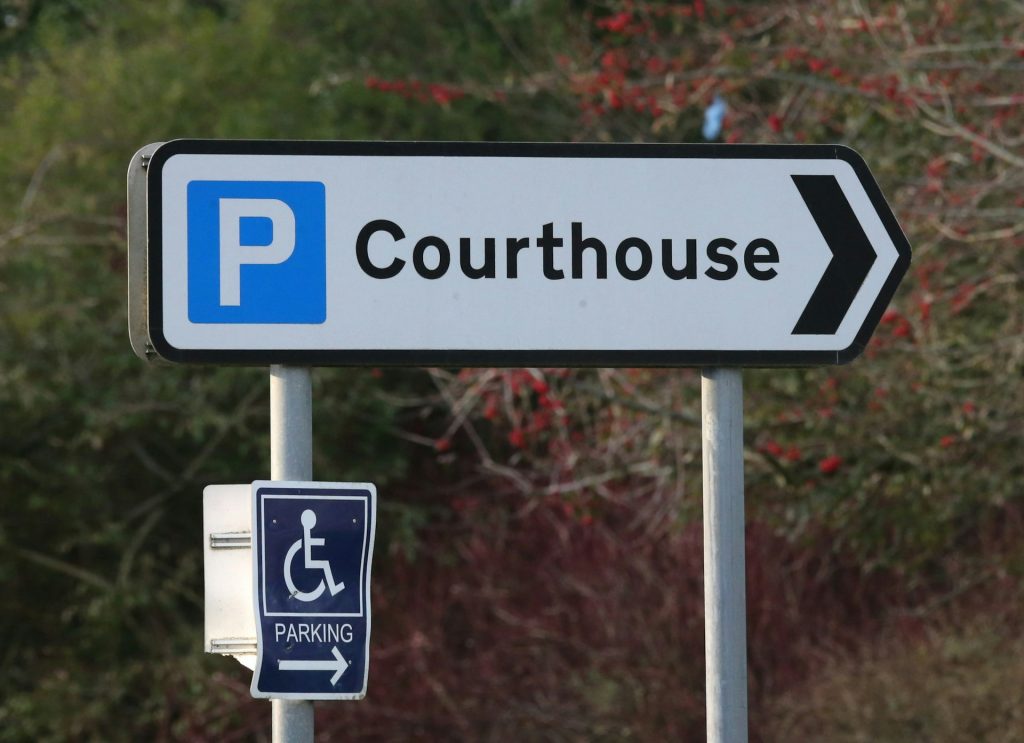
A revocable trust can be a smart way to manage your assets and avoid probate. But just because you set one up doesn’t mean it’s bulletproof. Courts sometimes rule revocable trusts invalid, leaving families with confusion, legal bills, and even lost inheritances. If you’re considering a revocable trust or already have one, it’s crucial to understand potential pitfalls. Understanding these real-world mistakes can help you avoid them. Here are six times a revocable trust was ruled invalid in court—and what you can do to protect yourself.
1. Lack of Mental Capacity
A court can rule a revocable trust invalid if the person who created it didn’t have the mental capacity to understand what they were doing. This happens more often than you might think. For example, if someone is suffering from dementia or another cognitive issue, their ability to make sound decisions is in question. In one case, a woman set up a trust while in the early stages of Alzheimer’s. After her death, her children challenged the trust, arguing she didn’t understand the document. The court agreed and threw out the trust. If you want your revocable trust to stand, make sure you’re of sound mind when you sign. It’s a good idea to get a doctor’s note or have witnesses present. This simple step can help prevent future challenges.
2. Undue Influence
Undue influence is when someone pressures or manipulates the person creating the trust. Courts take this seriously. In one case, an elderly man changed his revocable trust to leave everything to his caregiver, cutting out his children. The children argued that the caregiver had isolated their father and pressured him to change the trust. The court found evidence of manipulation and ruled the revocable trust invalid. If you’re setting up a trust, ensure you do so freely. Don’t let anyone rush you or fill out paperwork for you. If you’re helping a loved one, give them space and let them make their own choices. This protects everyone involved.
3. Failure to Follow Legal Formalities
Every state has rules about how to create a valid revocable trust. If you don’t follow these rules, the trust can be thrown out. In one case, a man created a trust but didn’t sign it in front of the required witnesses. After he died, the court ruled the trust invalid because it didn’t meet state law. This left his family in a mess, with assets going through probate. Always check your state’s requirements. Some states need witnesses, some need notarization, and some need both. Missing even one step can undo your whole plan.
4. Fraud or Forgery
Fraud or forgery can destroy a revocable trust. In one case, a man’s signature was forged on a trust document that left his assets to a distant relative. When the real heirs found out, they challenged the trust in court. Handwriting experts confirmed the signature was fake, and the court ruled the trust invalid. Fraud can also happen if someone tricks you into signing a document you don’t understand. If you’re signing a trust, read every page. If you’re not sure, ask a lawyer. And if you suspect fraud, act fast. Courts can fix these problems, but only if someone speaks up.
5. Trust Not Properly Funded
A revocable trust only controls assets that are actually transferred into it. If you forget to move your assets, the trust may be useless. In one case, a woman created a trust but never retitled her house or bank accounts. When she died, her heirs found out the trust was empty. The court ruled the trust invalid for those assets, and everything went through probate. To avoid this, make sure you transfer ownership of your property to the trust. This means changing titles, updating beneficiary forms, and moving accounts. If you’re not sure how, ask your bank or a lawyer.
6. Ambiguous or Contradictory Terms
A revocable trust must be clear. If the language is confusing or contradicts itself, a court may rule it invalid. In one case, a trust said one thing about who should get the house, but another section said something different. The heirs fought in court, and the judge decided the trust was too confusing to enforce. The assets ended up being distributed by state law instead. If you’re writing a trust, use plain language. Don’t try to be fancy or use legal jargon you don’t understand. If you’re not sure, have a professional review it. Clear language now can save your family a lot of trouble later.
Protecting Your Revocable Trust from Legal Challenges
A revocable trust can be a powerful tool, but only if it’s set up and managed the right way. Courts have ruled revocable trusts invalid for many reasons, from lack of capacity to simple paperwork mistakes. The good news is, most of these problems are preventable. Take your time, follow the rules, and get help if you need it. A little effort now can save your family from stress and legal battles later.
Have you or someone you know faced a challenge with a revocable trust? Share your story or thoughts in the comments below.
Read More
What Are the Quiet Red Flags That a Caregiver Shouldn’t Be Trusted?
9 Sketchy Situations That Scream “Danger”—Trust Your Gut!
The post 6 Times a Revocable Trust Was Ruled Invalid in Court appeared first on The Free Financial Advisor.







